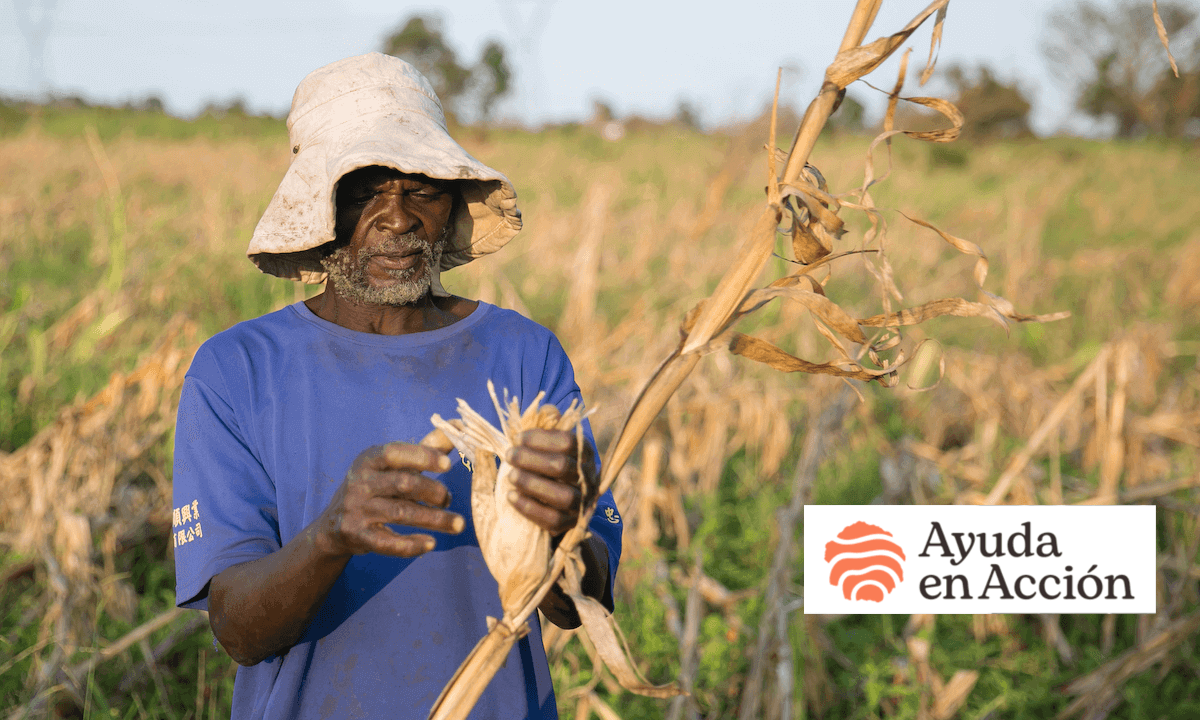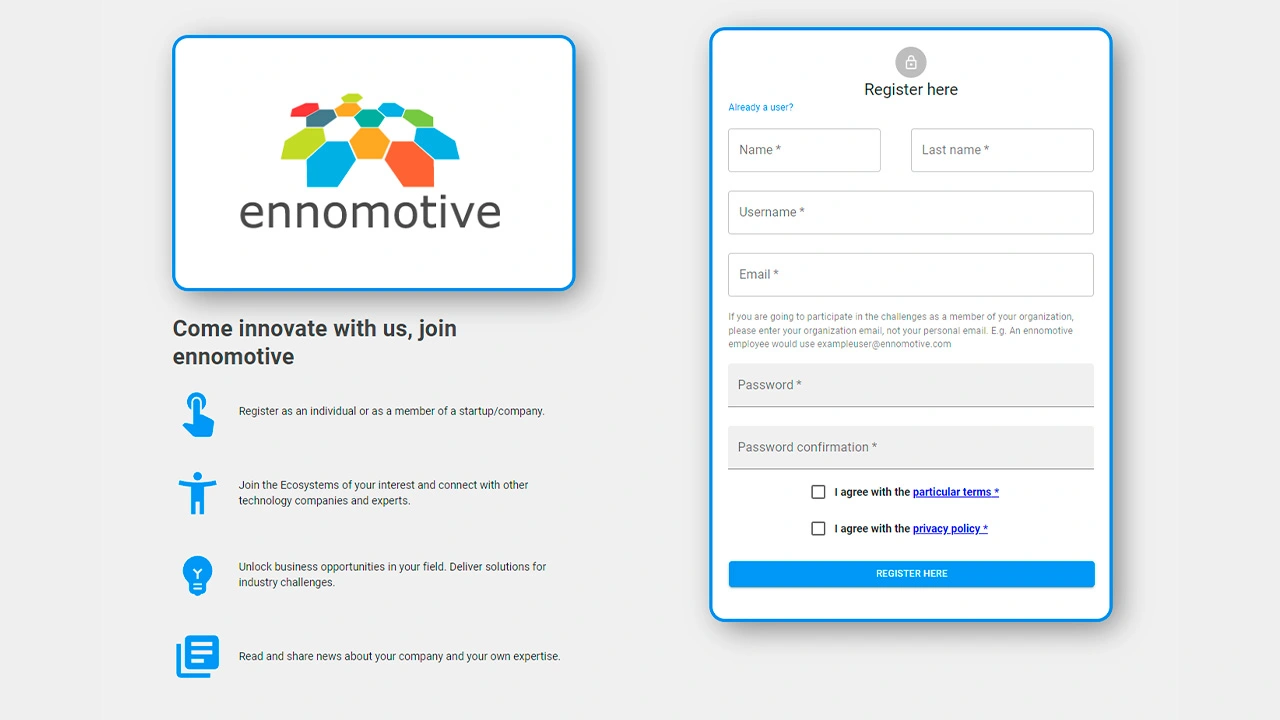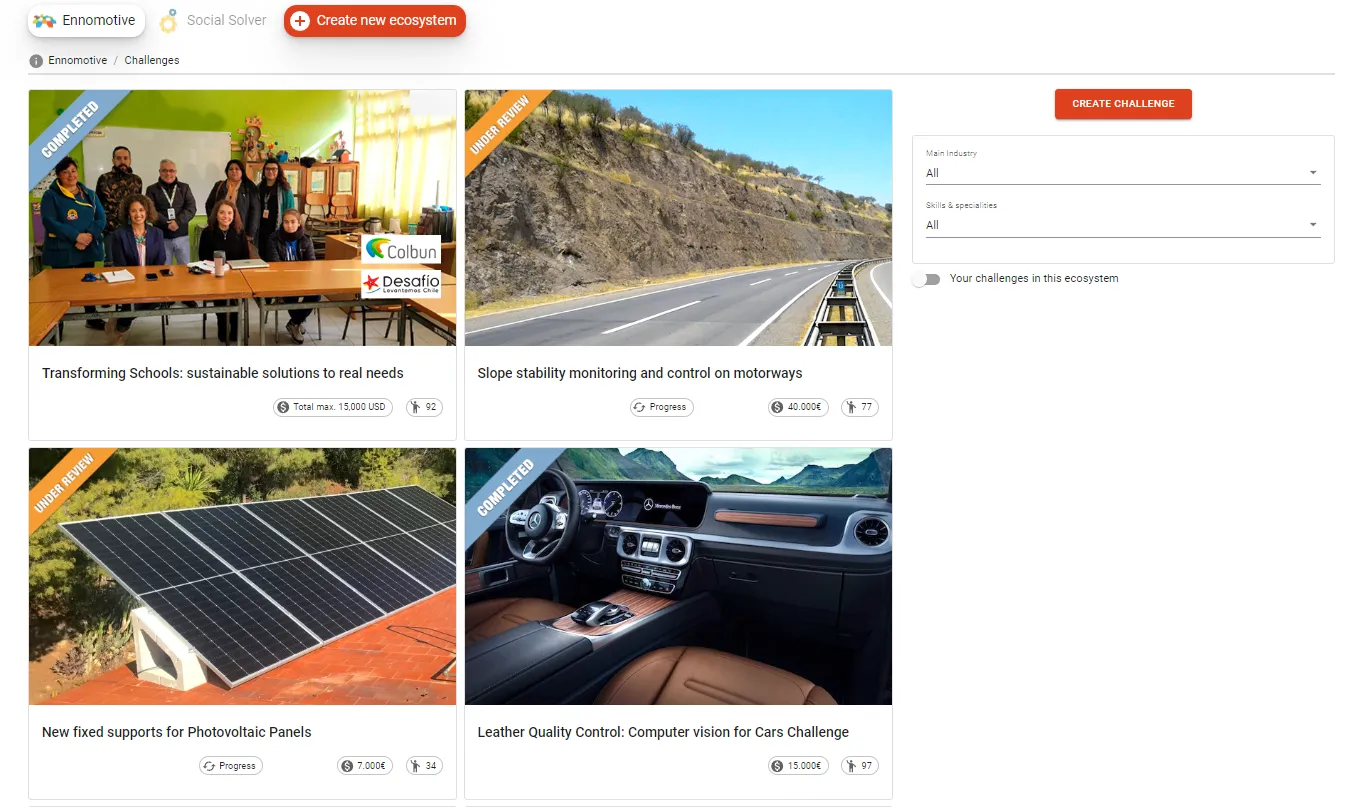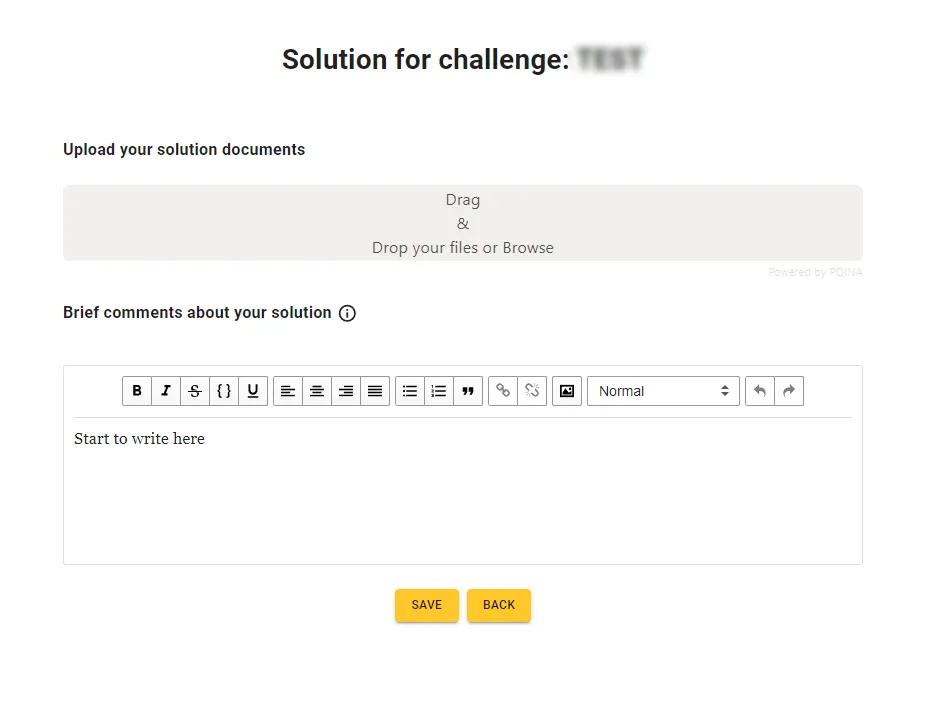Context:
Since 1981, Ayuda en Acción has been working to improve the quality of life of the most vulnerable communities, to defend the rights of migrants, and to promote a more supportive world. AeA operates in more than 18 countries, including Mali, Ethiopia, Uganda, and Mozambique.
In Mozambique, 80% of the population relies on subsistence agriculture, cultivating small plots with rudimentary tools and without access to mechanization. Agricultural and household tasks are performed manually or with improvised tools, turning daily work into a physically demanding and time-consuming activity.
This situation disproportionately affects women and young people, who perform most of the manual labor: from preparing the land, carrying water and firewood, to shelling maize or grating cassava. These tasks are repeated for hours every day and are often part of families’ subsistence routines.
When people spend less energy on basic tasks, they gain time to study or engage in complementary economic activities, reducing the risk of injuries, exhaustion, or school dropout.
Reducing physical effort is key to improving quality of life and productivity, enabling rural communities in Mozambique to do more with less, protect their health, and strengthen their autonomy.
Ayuda en Acción has proven through its programs that local frugal solutions can have great impact. Experiences such as the horticultural AgroLab or the Burro Solar irrigation system (Kampos SA – Work4Progress) have demonstrated that simple technologies — like solar pumps or modular bamboo tools — reduce physical effort by 25–30% and improve agricultural production efficiency. See example: Manual de Construção Resiliente.
Challenge:
In Cabo Delgado, especially in the districts of Metuge and Pemba, the population grows maize, beans, cassava, and vegetables.
These communities lack machinery and depend on manual labor, spending long hours shelling or processing basic foods. Food processing such as maize, beans, or cassava is done manually, using hands or wooden mortars.
Low mechanization — less than 5% of farmers have access to tools or machinery — keeps communities in a cycle of continuous effort, directly linked to their inability to escape poverty.
See ANNEX 2 & 3 for further information.
What we are looking for:
We are seeking simple, low-cost tool designs that can be locally manufactured to facilitate the processing of raw materials — particularly maize, beans, and cassava — into sellable products such as grain or flour.
The following tools, due to their potential impact on daily life, are of special interest:
- Maize husker
- Maize sheller
- Cassava grater
- Grain mill (as a complementary option)
Proposals may focus on one or several of these machines and must be inspired by the principles of frugal innovation:
- Use of local or recycled materials (bamboo, wood, metal, or bicycle/landfill parts).
- Simple, low-cost designs, easy to maintain or replicate, ideally including a basic construction guide.
- Sustainable and adapted to the local context.
If strictly necessary, the use of a small kit of external materials — supplied by AeA — may be accepted as complementary.
ANNEX 1 provides illustrative examples of such machinery. None of these are currently available in Mozambique.
Evaluation Criteria
- Local y adaptable. Se valorará el uso de materiales y recursos disponibles en las comunidades (bambú, madera, metal reciclado, piezas de bicicleta) y la capacidad de adaptación del diseño al contexto local. 25%
- Viabilidad Económica. La idea debe ser de bajo coste, tanto en su elaboración como en su mantenimiento, y viable para familias rurales o talleres comunitarios. 25%
- Impacto social. La propuesta debe centrarse en mejorar el bienestar y reducir el esfuerzo físico. 20%
- Simple y funcional. La solución debe ser intuitiva, fácil de usar, reparar y replicar, evitando dependencias tecnológicas o componentes externos complejos. 15%
- Resistente y sostenible. Se evaluará la durabilidad y adecuación de la idea a las condiciones rurales (humedad, calor, polvo), así como su potencial para reutilizar o reciclar materiales. 15%
Este es un reto con las siguientes entregas:
Participants must submit a PDF document including:
- Technical description of the proposed system and its operating model.
- Specification of equipment and installations (plans, materials, etc.) with dimensions and instructions for its manufacture. See Manual de Construção Resiliente for an example (in Portuguese).
- Project implementation plan.
- Required investment (cost estimate).
Participants may also attach supporting documents in a ZIP file to substantiate their proposal.
Timeline:
Round 1: 7 weeks for submission (Deadline: 16 December 2025) + 6 weeks for evaluation
-------------------- Términos y Condiciones Particulares ----------------------------
Confidentiality – N/A
Intellectual Property –
You understand, acknowledge, and agree that Ayuda en Acción (AeA) will have access to your solution. You also understand, acknowledge, and agree that other solution designers may create or may have created content similar or identical to your submission in concept, theme, idea, format, or other aspects. If your solution is identical or similar to another participant’s, Ayuda en Acción reserves the right, at its discretion, to assign a higher score to one of them or to randomly select a solution among those meeting the challenge terms.
By participating in the challenge, and if your solution is selected as a WINNER, you agree that:
- If you propose a patented solution, you will retain the intellectual property rights. Ayuda en Acción (and, where applicable, the Challenger) will only have the right of use of this project specifically (from its publication as a challenge through its pilot and scaling phases).
- If as a result of this challenge any new solution or technological application with intellectual property rights arises, the winner shall grant exclusive rights to Ayuda en Acción (and, where applicable, the Challenger) for the use of said solution or technological application in projects of social purpose, whether their own or third-party. This transfer will be unlimited in time and territory; however, AeA will always recognize the moral rights of the author, giving full credit and visibility for their solution.
Economic Reward
A total reward of €2,500 will be granted to the solution(s) selected by the Challenge Committee.
This reward recognizes the quality, relevance, and innovation of the proposed ideas and may, if agreed by both parties, be used to develop a first functional prototype, in coordination with Ayuda en Acción in Cabo Delgado.
Winning solutions will also receive visibility and public recognition through the Designing Opportunities digital channels, Ayuda en Acción, and partner organizations.



